 A Vital Role
A Vital Role
Mpongwe Mission Hospital plays a vital role in the health care of Mpongwe District. In the Copperbelt Province where the Hospital is located 16-20 percent of adults are infected by HIV/AIDs, malaria is rampant, 17 percent of children die before the age of five from neonatal causes, malaria, pneumonia, diarrhoeal diseases and HIV/AIDS. Malnutrition among children is a challenge and the number of orphans is very high in the area.
Providing Care for People of Mpongwe District
Patients seek treatment at the hospital for a variety of diseases and injuries as well as preventive health care. The main focus is on three major diseases, HIV/AIDS, TB and Malaria. The hospital provides major primary care services, and clinical services. General surgery, obstetrics, maternity, gynaecology, orthopaedics, urology and dental surgery are offered.
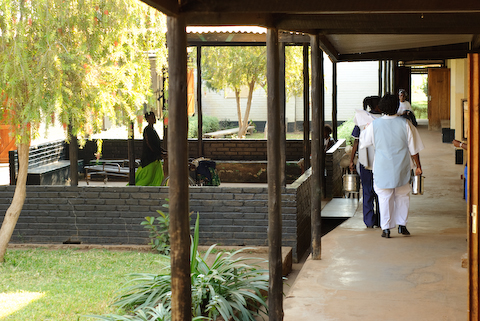
MMH runs a series of special programmes:
-
Malaria (mosquito nets, research for a new vaccine, education etc)
-
TB (research and methods for follow up, education and preventive measures)
-
HIV/AIDs (ARV drugs, consultations, support, nutritional supplements, etc).
IMPACT OF CARE – Recent highlights
People in Mpongwe District face difficult challenges, conditions that are improved by the care given and projects run by the hospital.
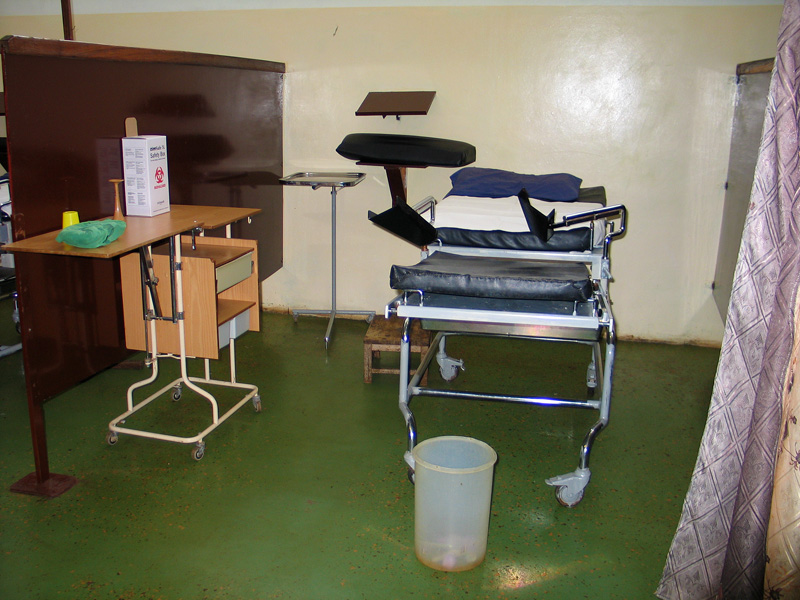

-
Maternity care, maternity ward and childcare. There are approximately 900 – 1,100 births per year in the labour ward. Mpongwe hospital has one of the lowest infant mortality rates of any hospital in Zambia. Through access to tested blood and high competence from the personnel we continue to have big success in this area.
-
RESEARCH The hospital participated in international research leading to a Malaria vaccine as well as TB follow up methods. Through these programs people around the world in malaria and TB affected areas can benefit in the future. More about the Malaria research and TB program.
-
IMPROVEMENT Deaths due to Malaria and TB have decreased at the Hospital in 2008 and 2009, compared with earlier years, a result of the success of programs run at the Hospital and in the communities.
-
TB There is an increased knowledge about TB in the area. The home based care is working well and volunteers that help patients in taking TB drugs regularly are trained. 70% of patients suffering from TB also suffer from HIV/AIDS. Our treatment follows international guidelines.
-
MALARIA Mpongwe is a seriously malaria stricken area, with pregnant women and children the most vulnerable. We treat thousands of malaria patients every year but see exciting improvements from programs we are involved in. Preventative measures include distribution of bed nets, regular net replacement, giving all pregnant mothers preventative medicine, and education to all new mothers in use of bed nets. Through education people are becoming aware of the disease and know how to respond. An improved method for malaria testing has been made available at the hospital and at rural health centres, resulting in people getting treated in earlier stages and allowing for more effective treatment. An Indoor Residual Spraying programme has been implemented by the District Health Office. The combined impact of this intensive program has had a radical effect. In 2008 the number of Malaria patients treated has decreased by 11% and malaria deaths have decreased by 75% (compared to 2007). More about Malaria.
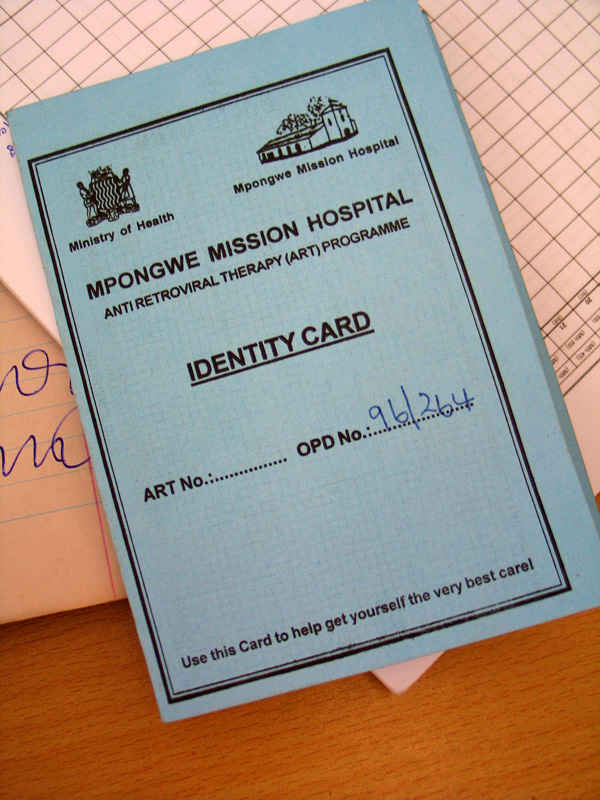

-
The ART clinic is treating over 700 patients (2009), an increase from 191 in 2007. This is a 370% increase. In addition we have assessed over 4000 HIV/AIDS patients on their treatment needs. This program will continue to expand, with the intention of treating up to 2000 people.
-
Through the Hospital’s HIV/AIDs program people get information and knowledge about the virus. Success in treating the diseases depends on medication being given as soon as possible. The stigma is diminishing as a result of the project and more and more people go for a voluntary testing. Patients and relatives get education in home-based care. Ongoing counselling is given to patients to impact attitudes and decrease the spread of the disease.

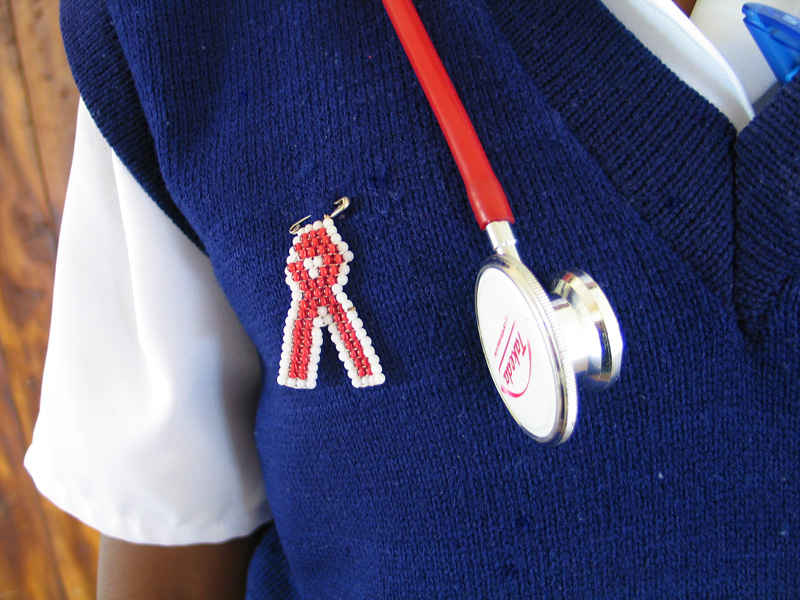
-
Orphans get support through the HIV/AIDs project with food and school fees. This means that they are able to continue school and have better chance of staying nourished. Families are also given microcredits to increase their possibilities to strengthen their income.
More about Hospital
Vision and Values,
Statistics, Departments, Staffing ,
Lives Impacted, our Financial Situation, Our Process of Development
Combating HIV/AIDS, Malaria, TB, Reducing Child Mortality and Improving Maternal Health
Working here: Careers with us, Medical Volunteers
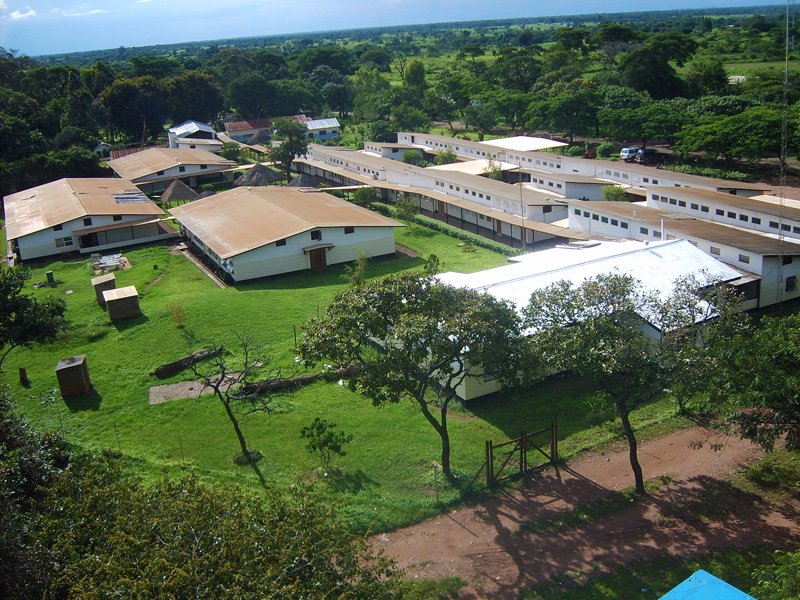 A Vital Role
A Vital Role